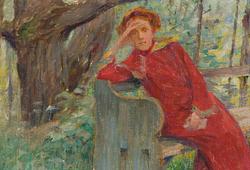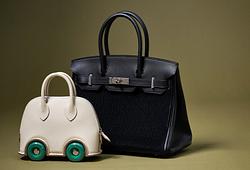Anders Krisár
"Half Girl (right)"
Signed and dated 2018. Edition 2/3 +2AP. Carrara marble 47 x 17.5 x 19 cm. Base 84 x 40 x 40 cm.
Alkuperä - Provenienssi
Private collection, Stockholm.
Näyttelyt
CFHILL Art Space, Stockholm, "Anders Krisár – New Sculptures", 17 February - 14 March 2018, another edition exhibited.
Muut tiedot
Anders Krisár (b. 1973, Stockholm) was educated at Konstfack in Stockholm and at the School of Communication Arts in London, and has also trained as a composer at New York University. He previously worked as an art director and begun his artistic career with photography. However, in his three latest exhibitions at CFHILL Art Space in Stockholm he has been showing sculptures. Krisár is a perfectionist and these sculptures are finely polished reproductions of bodies.
The exhibition "Sculptures" from 2018 was the first time that he exhibited human-form sculptures in Carrara marble. Each of the pieces were carved by a professional stone-cutter under the direction of Krisár. The motifs are of perfectly androgynous bodies and he explains his need for perfection as a kind of compulsion. He understands perfectionism not as a way of reaching satisfaction, but one of avoiding pain. Having grown up with parents who were both affected by mental illness (his mother was bipolar and his father schizophrenic), these beautifully polished, perfect bodies, often in halves, begin to process his deep-rooted traumas. They are divided so as to accentuate separation and loss. When you carve by hand in a material such as marble you cannot change your mind, if your tool slips you cannot press delete. There is no point of return when you have begun working on a large block of marble. Just like with birth, there is no return. And aren’t the bodies so exquisitely innocent, precisely like those of newborns?



















































